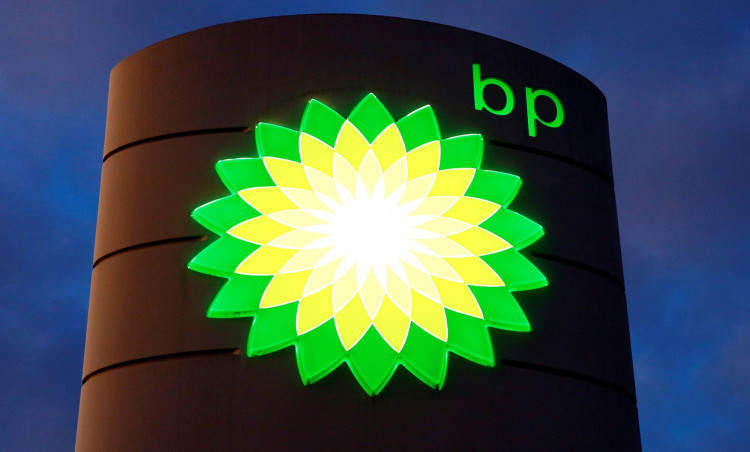British oil giant BP PLC announced a substantial $7 billion stock buyback plan for 2024, even as it grapples with a near 30% decline in profits for the first half of the year. This move comes as the company faces criticism for prioritizing shareholder returns over more aggressive climate action.
BP's underlying replacement cost profit, a key industry metric that excludes one-off items, fell to $5.5 billion in the first six months of 2024, down from $7.6 billion in the same period last year. The decline was primarily attributed to lower earnings from its refining operations. Despite this, BP reported a second-quarter profit of $2.8 billion, surpassing analysts' expectations of $2.6 billion and driving a 1.3% rise in its share price to 4.60 pounds in morning trading on Tuesday.
In a statement, BP CEO Murray Auchincloss emphasized the company's commitment to becoming a "simpler, more focused and higher value company." The firm also announced a 10% increase in its dividend to 8 cents per share, reflecting confidence in its future cash generation capabilities. "This decision to boost shareholder returns reflects the confidence we have in our performance and outlook for cash generation," said BP CFO Kate Thomson.
However, this focus on shareholder rewards has drawn criticism from environmental advocates. Alice Harrison, head of fossil fuel campaigns at Global Witness, voiced her frustration, stating, "As the world faces record-breaking heat, most of us are desperate to see urgent action on the climate crisis. Unfortunately, it's clear that BP couldn't care less."
BP's continued investment in high-carbon projects, such as the Kaskida development in the Gulf of Mexico, alongside scaling back its commitments in biofuels and offshore wind, has further fueled these criticisms. This strategy shift has sparked debate over BP's long-term sustainability and its role in addressing climate change.
BP's second-quarter earnings, described as "resilient" by analysts at RBC Capital Markets, included a writedown of $1.5 billion, partly due to a planned reduction in refinery operations at its Gelsenkirchen plant in Germany. Despite these setbacks, the company reported a decrease in net debt to $22.6 billion by the end of the second quarter, down from $23.7 billion a year earlier. This reduction was seen positively by investors, who had been concerned about rising net debt levels.
The oil major's stock performance has been relatively stagnant, with a year-to-date decline of approximately 1.5%. This contrasts with British rival Shell, whose shares have climbed nearly 8%, and U.S. oil giant Exxon Mobil, which has seen a 16% increase.
BP's recent actions indicate a strategic pivot under CEO Murray Auchincloss, who took over after Bernard Looney's resignation in September. Under Looney, BP had set ambitious targets to reduce overall emissions by 35% to 40% by 2030. However, Auchincloss has since moderated these goals, aiming for a 20% to 30% reduction, citing the need to continue investing in oil and gas to meet global demand.
In a strategy update last year, BP explained this shift, emphasizing the necessity of maintaining a balance between reducing emissions and sustaining investments in traditional energy sources. This approach has led to internal cost-cutting measures, including a hiring freeze and pausing renewables projects, aimed at bolstering financial returns.
BP's stance contrasts sharply with the expectations of activist investors like Bluebell Capital Partners, who have pressured the company to ramp up its oil and gas investments while scaling back on green pledges. This tug-of-war reflects broader industry tensions as energy companies navigate the transition to a low-carbon future while managing shareholder expectations.





